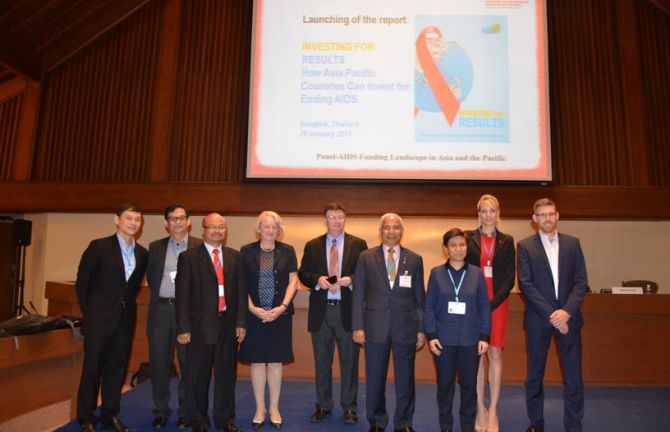
Funding the future AIDS response in the Asia–Pacific region
A report on the AIDS funding landscape in the Asia–Pacific region, Investing for results: how Asia–Pacific countries can invest for ending AIDS, has been launched at a side event at the Asia–Pacific Intergovernmental Meeting on HIV and AIDS, which took place in Bangkok, Thailand, from 28 to 30 January. The report summarizes an analysis carried out by an independent advisory panel.
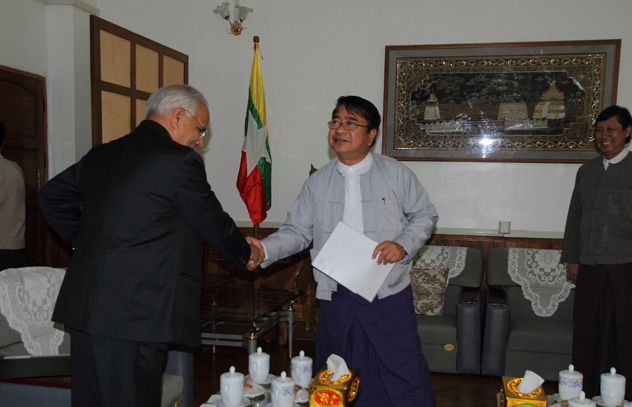
Myanmar confirms increasing domestic HIV funding by US$ 5 million
Myanmar’s Minister for Health, Than Aung, confirmed that domestic funding for HIV treatment will be increased by US$ 5 million.
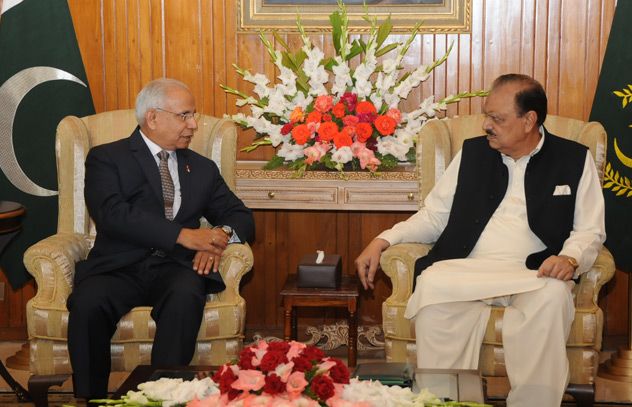
Pakistan’s President affirms commitment to increase HIV efforts
Mamnoon Hussain, the President of Pakistan, affirmed his commitment to continue and increase efforts to respond to HIV in the country. During a meeting with the United Nations Secretary-General’s Special Envoy for AIDS in Asia and the Pacific, Prasada Rao, and the Director of the UNAIDS Regional Support Team for Asia and the Pacific, Steven Kraus, the President also emphasized that with effective support systems in place, HIV can be manageable, treatable and preventable.
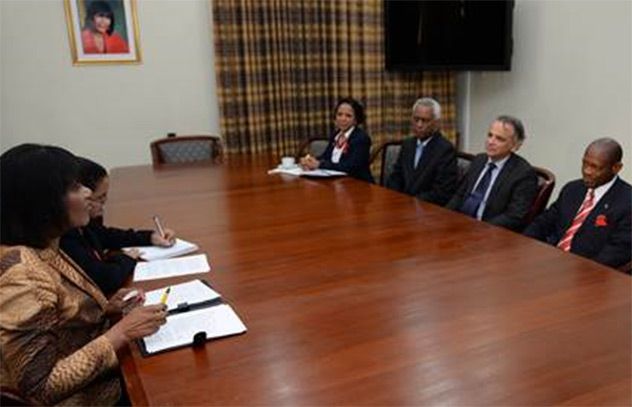
Jamaica to boost progress in the region against HIV
On 9 April a high-level delegation of international partners involved in the response to HIV met with the Jamaican Prime Minister, the Most Honourable Portia Simpson Miller, to discuss the country’s role in accelerating the Caribbean’s efforts to end stigma and discrimination and reduce new HIV infections and AIDS-related deaths.
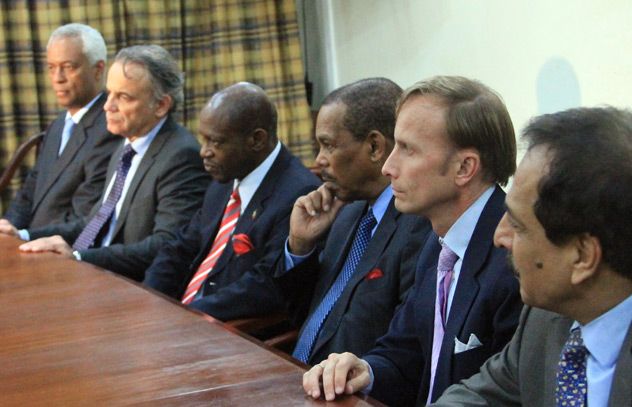
The Caribbean, answering the global call to end stigma and discrimination
The Caribbean response to HIV has known many successes in recent years. Since 2001 there has been a 54% decline in AIDS-related deaths while new HIV infections have dropped by 49%. Twenty times more people are accessing HIV treatment now than there were ten years ago. And several countries are on track to virtually eliminate new HIV infections among children by 2015.
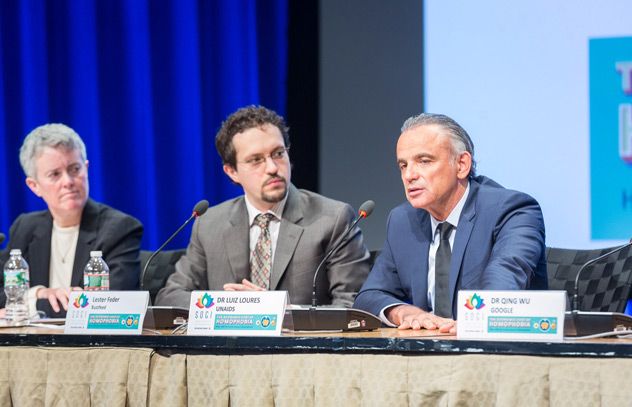
The economic costs and development impact of exclusion of LGBT people
New data show that the effects of homophobia and exclusion could be costing economies billions of dollars. In a panel discussion organized by the World Bank, participants discussed the findings of a new study that developed and tested an economic model to measure the cost of excluding sexual minorities. The panellists also debated the broader implications of a new wave of punitive legislations being passed in countries around the world.

UN Secretary-General meets with Special Envoys on HIV/AIDS
The United Nations Secretary-General Ban Ki-moon met together with his team of United Nations Special Envoys on HIV/AIDS to discuss their strategic directions for the year ahead. UNAIDS Executive Director Michel Sidibé also participated in the meeting that took place on 10th March 2014 at the United Nations Headquarters in New York.
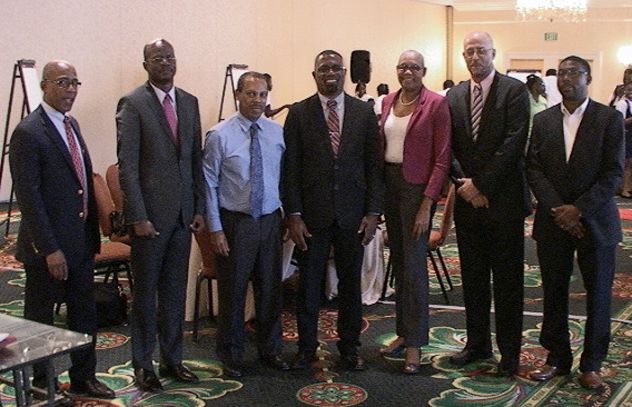
Pan-Caribbean Partnership Against HIV/AIDS (PANCAP) launches its Justice for All Programme
The Pan-Caribbean Partnership Against HIV/AIDS (PANCAP) launched the Justice for All Programme on World AIDS Day, 1 December 2013. The new initiative will help guide countries as they address AIDS related stigma and discrimination, improve the legal environment and remove discriminatory laws related to HIV.
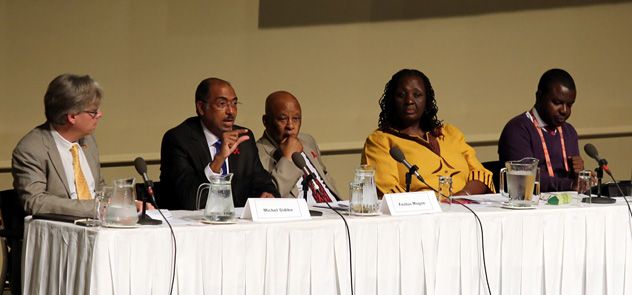
Africa: Taking the lead in the AIDS response
The XVII International Conference on AIDS and Sexually Transmitted Infections in Africa (ICASA) opened on 7 December in Cape Town, South Africa. At the top of the agenda—discussions on how the continent is taking the lead in setting the AIDS and health agenda for 2015 and beyond.
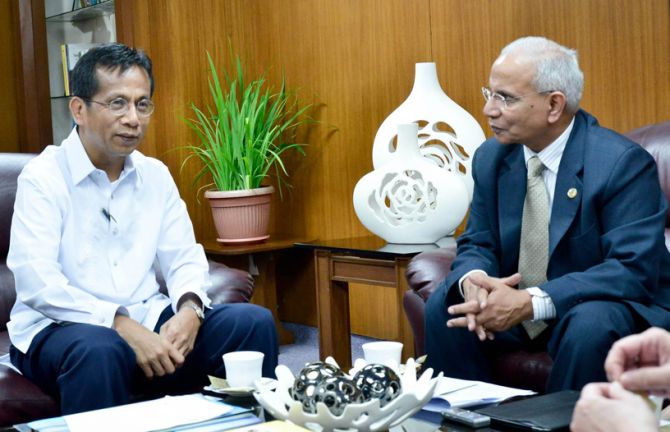
UN Secretary General’s Special Envoy for AIDS in Asia Pacific advocates for rapid action to address increasing numbers of new HIV infections in the Philippines
The United Nations Secretary Generals’ Special Envoy on AIDS in Asia and the Pacific Prasada Rao visited the Philippines at the end of August to advocate for a scaled up response to HIV in the country.
